Chemistry

Educators and Parents, Sign Up for The Cheat Sheet
Weekly updates to help you use Science News Explores in the learning environment
Thank you for signing up!
There was a problem signing you up.
-
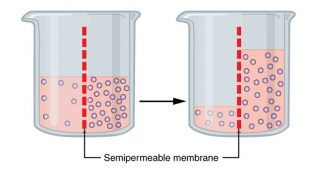 Chemistry
ChemistryScientists Say: Osmosis
When two solutions are separated by a membrane where only the liquid can cross, the liquid will move from the side with a low concentration of dissolved materials to the side with a higher concentration. This movement has a special name.
-
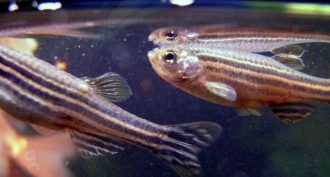 Chemistry
ChemistrySome 3-D printing can leave toxic taint
The ”ink” inside some 3-D printers can leave toxic traces. In tests, these chemicals harmed baby fish. But lighting could render the parts safer.
-
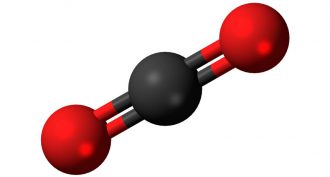 Chemistry
ChemistryScientists Say: Dioxide
Carbon dioxide, sulfur dioxide and zirconium dioxide all have something in common. They are all molecules with two oxygens bound to some other element.
-
 Materials Science
Materials ScienceExplainer: Temperature and electrical resistance
Higher temperatures mean more energy and more motion. In contrast, cold means slow moving molecules.
By Ron Cowen -
 Chemistry
ChemistrySome air pollutants seep through skin
The skin is the body’s largest organ. And it can let in as much or more of certain air pollutants than enter through the lungs, a new study finds.
By Janet Raloff -
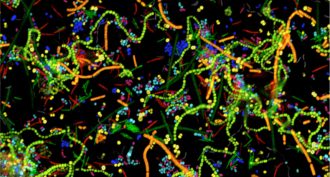 Microbes
MicrobesSlime cities
Biofilms are like tiny cities of bacteria — some harmless, others destructive. Scientists are learning how to keep these microscopic metropolises under control.
-
 Chemistry
ChemistryScientists Say: Organic
These days you might think organic refers just to food. But it has a completely different meaning in chemistry.
-
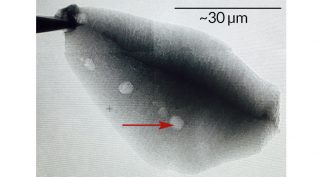 Life
LifeNews Brief: Rare gem may hold earliest sign of life
This fossil, such as it is, offers no indication of what that life might have looked like. It merely holds carbon in a form typical of the type preferentially collected by living organisms.
-
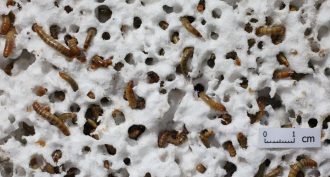 Environment
EnvironmentMealworms chow down on plastic
Gut bacteria in mealworms break down polystyrene. Feeding plastic to the worms, or the germs they carry, could be a way to get rid of these wastes.
-
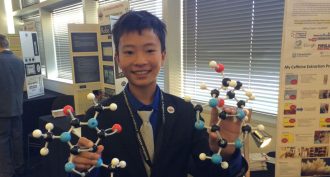 Chemistry
ChemistryMaking caffeine content crystal clear
Many popular drinks contain caffeine — a stimulant that in high amounts can keep you up at night. One teen is now measuring just how much is in the beverages we drink.
-
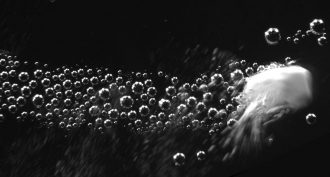 Health & Medicine
Health & MedicineThese bubbles treat wounds
New research shows bubble-powered drugs can travel upstream, against the flow of blood, to seal wounds shut.
By Meghan Rosen -
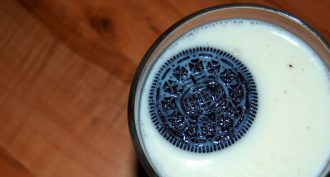 Chemistry
ChemistryGot milk? Do you know what’s in it?
One teen was dismayed to learn milk might host harmful pollutants. This prompted him to use his science fair project as a way to find out just what was in his favorite drink.